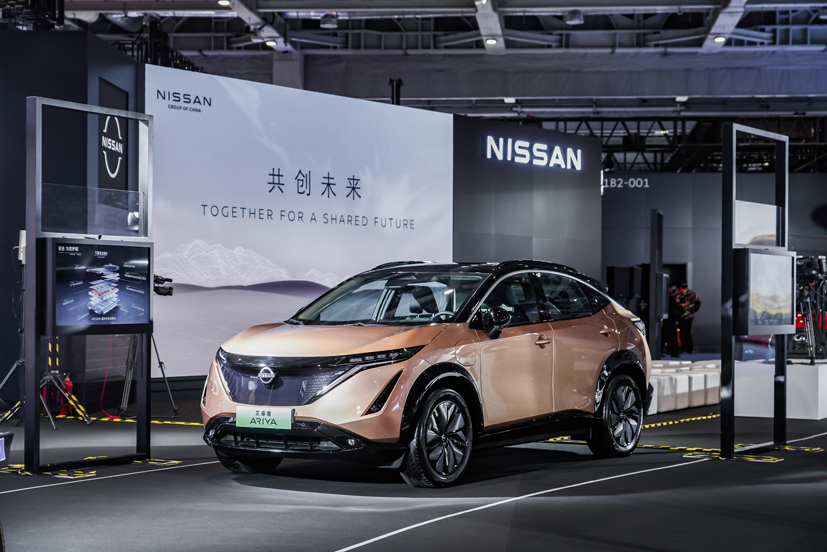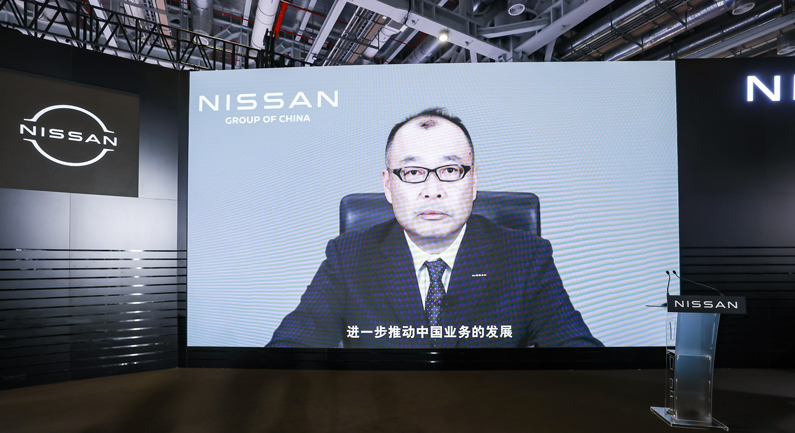On November 6, 2022, Nissan (China) Investment Co., Ltd announced the establishment of Nissan Mobility Services Co., Ltd.
The headquarters of Nissan Mobility Services Co., Ltd is located in Suzhou. It will soon launch mobile travel services and autonomous taxi operations in Suzhou High-speed Rail New Town as early as February next year, and this project is also called e23 travel.
This project is supported by WeRide Technologies, an autonomous driving company.

Mr. Zhang Li, Chief Operating Officer of WeRide Technologies, said:
WeRide Technologies will provide the main autonomous driving technology support for the Suzhou project, and will deeply participate and fully support the research and development, testing and daily operation of Nissan Mobility Services autonomous driving service fleet. Adhering to the concept of “safety first”, together with Nissan, WeRide Technologies will bring a safer, more efficient, and more comfortable autonomous driving experience to the citizens of Suzhou, and let future technology promote a better life.
Mr. Shohei Yamazaki, Senior Vice President of Nissan Motor Co., Ltd. and Chairman of Nissan China Management Committee, stated:
The continuous introduction of future technologies, mobile travel solutions, and products to enrich the lives of Chinese consumers is an important part of Nissan’s long-term strategy in China. The establishment of Nissan Mobility Services Co., Ltd. is another important milestone in the nearly 50 years of Nissan’s development in China, further demonstrating Nissan’s commitment to focusing on the Chinese market.
Review of History in China
At the same time, at this year’s China International Import Expo, Nissan also reviewed its development in China and re-examined its future strategic plan.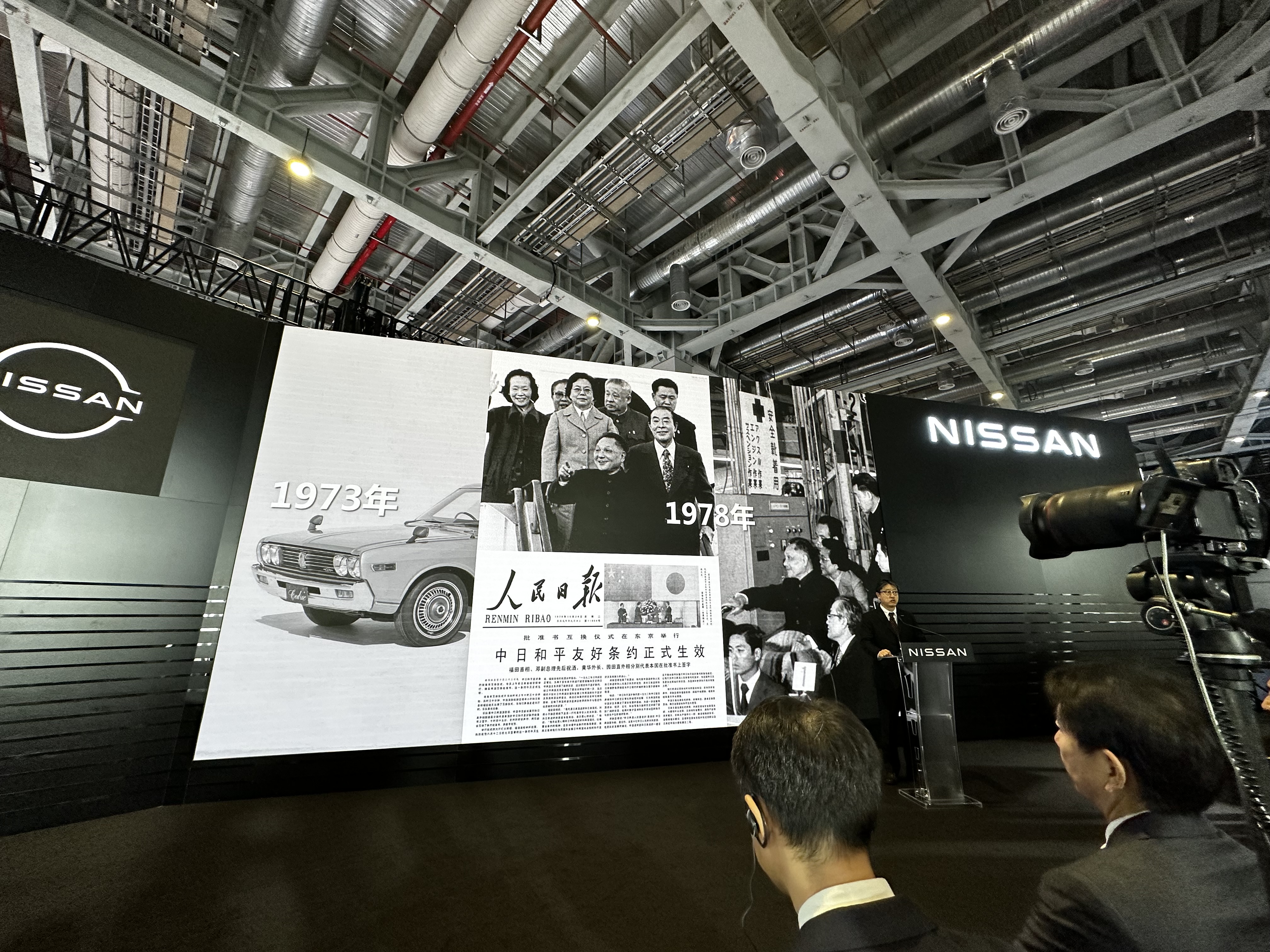
Nissan’s development in China began in 1972.

Dongfeng Motor Corporation, a joint venture established by Nissan and Dongfeng Motor Corporation, is responsible for the Infiniti, Nissan and Venucia brands’ passenger car business, and Zhengzhou Nissan and Dongfeng Motor Corporation are the main development bases for Nissan and Dongfeng’s LCV products, committed to becoming experts in different sub-segments of the light commercial vehicle (LCV) field.
In 2021, Nissan sold more than 1.38 million vehicles in China, including imported cars, passenger cars and LCVs.
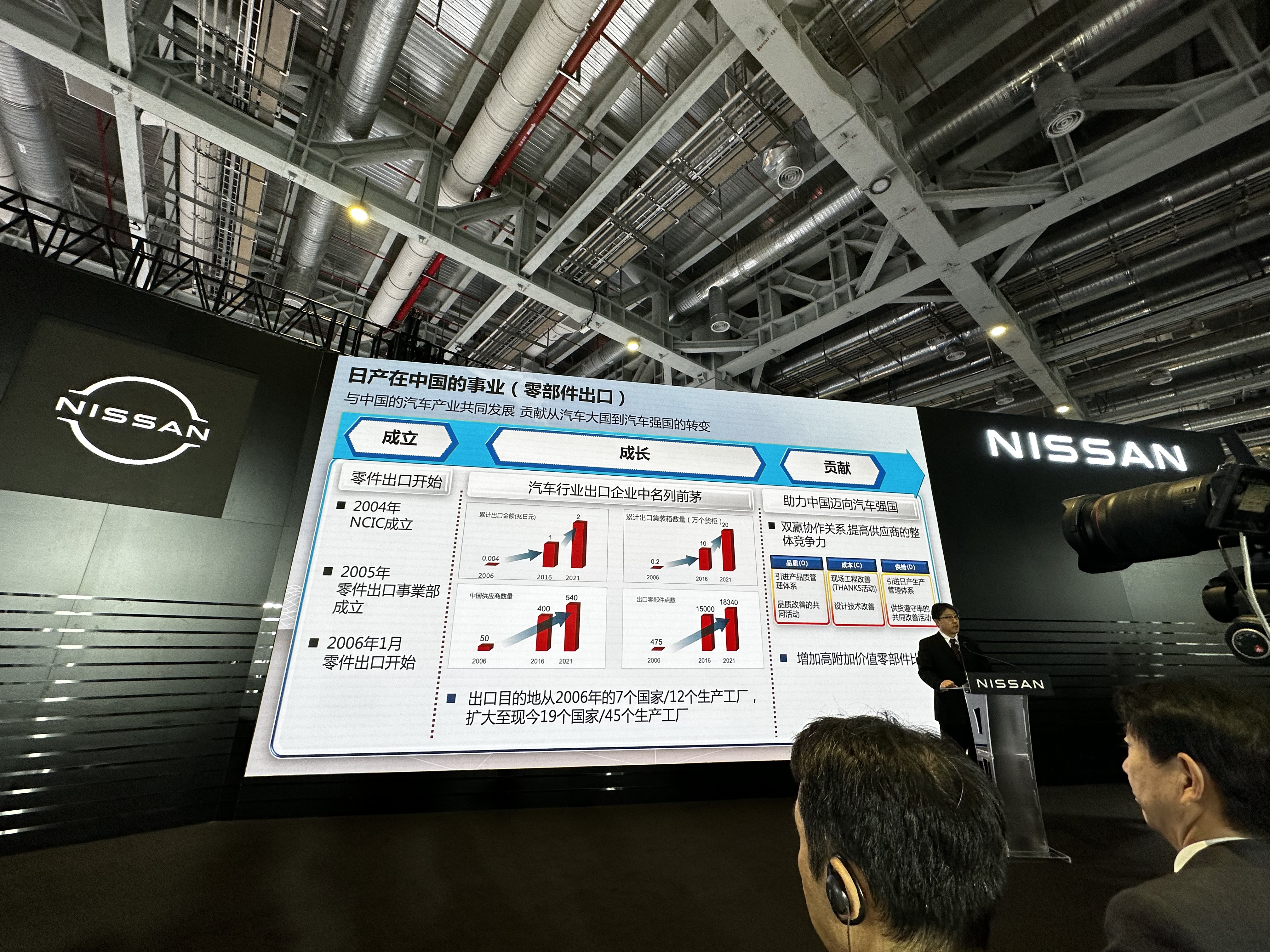
Nissan’s component business in China has been exporting since 2006.
Electric Vehicle Strategy
Nissan defines the future development of cars as “vehicle intelligence” and “vehicle electrification” in daily life.
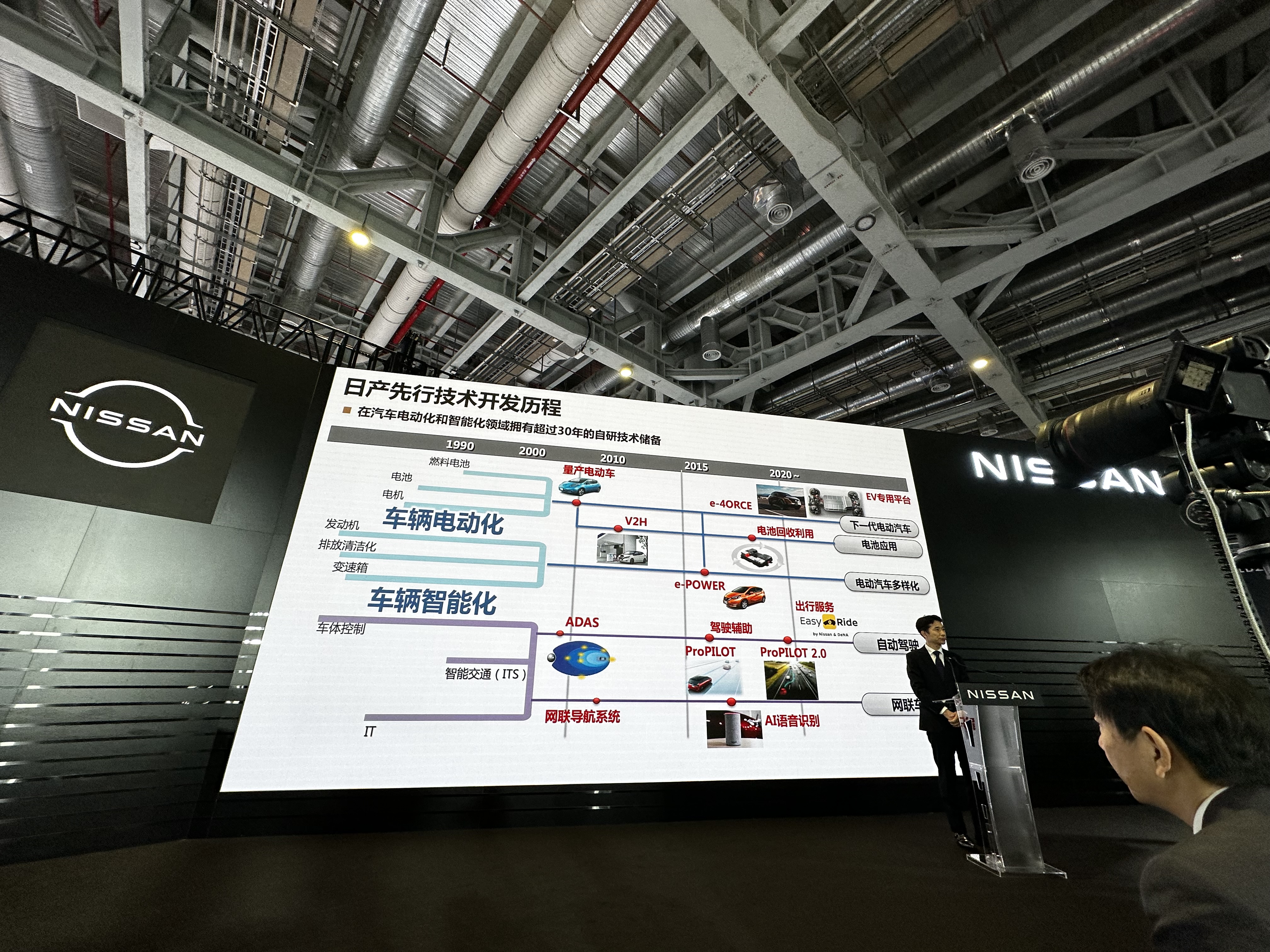
Nissan plans to launch 23 electrified models, including 15 pure electric vehicles, by 2030.
To achieve this goal, it mainly relies on two technical routes: pure electric + e-Power.
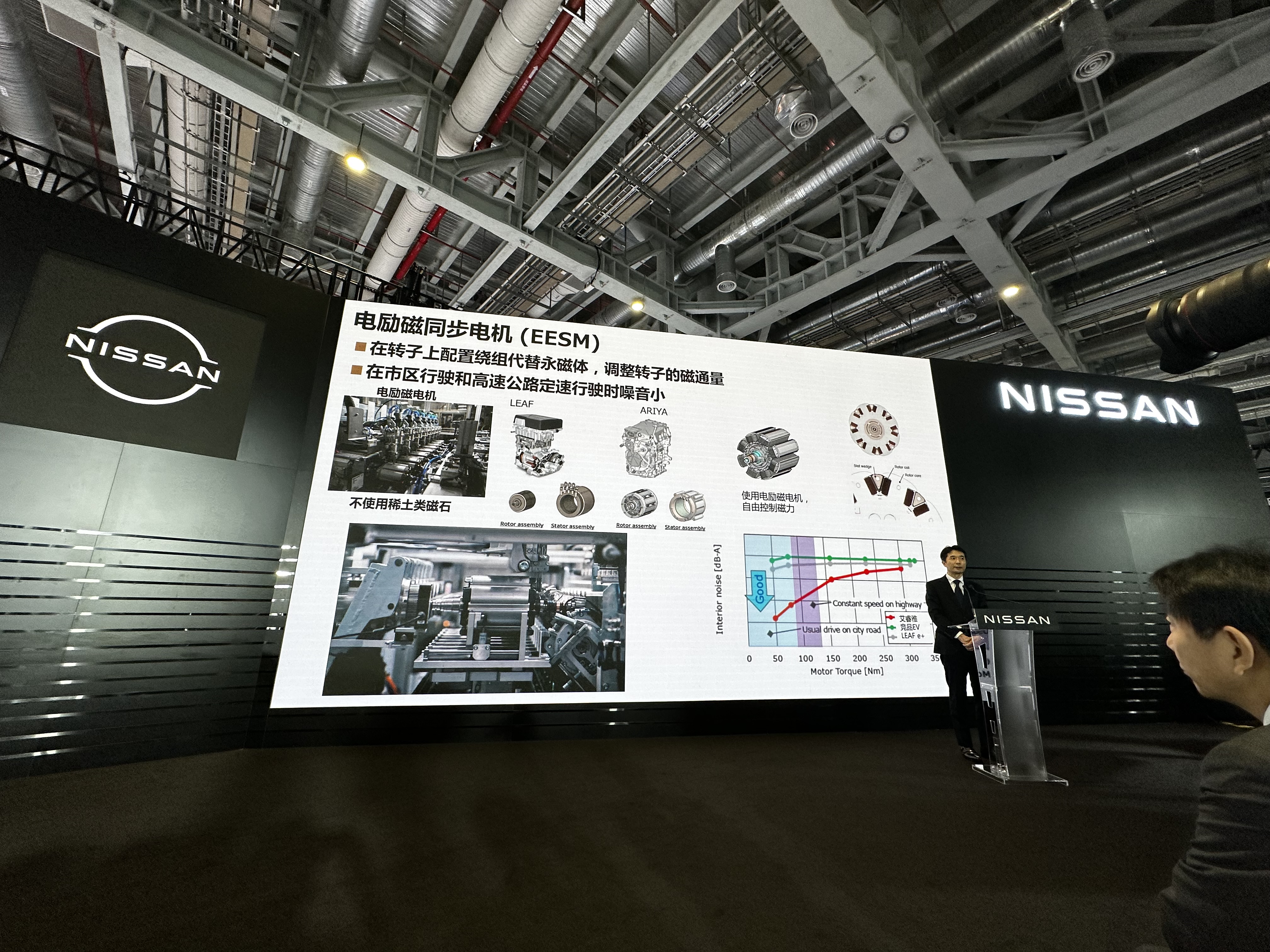
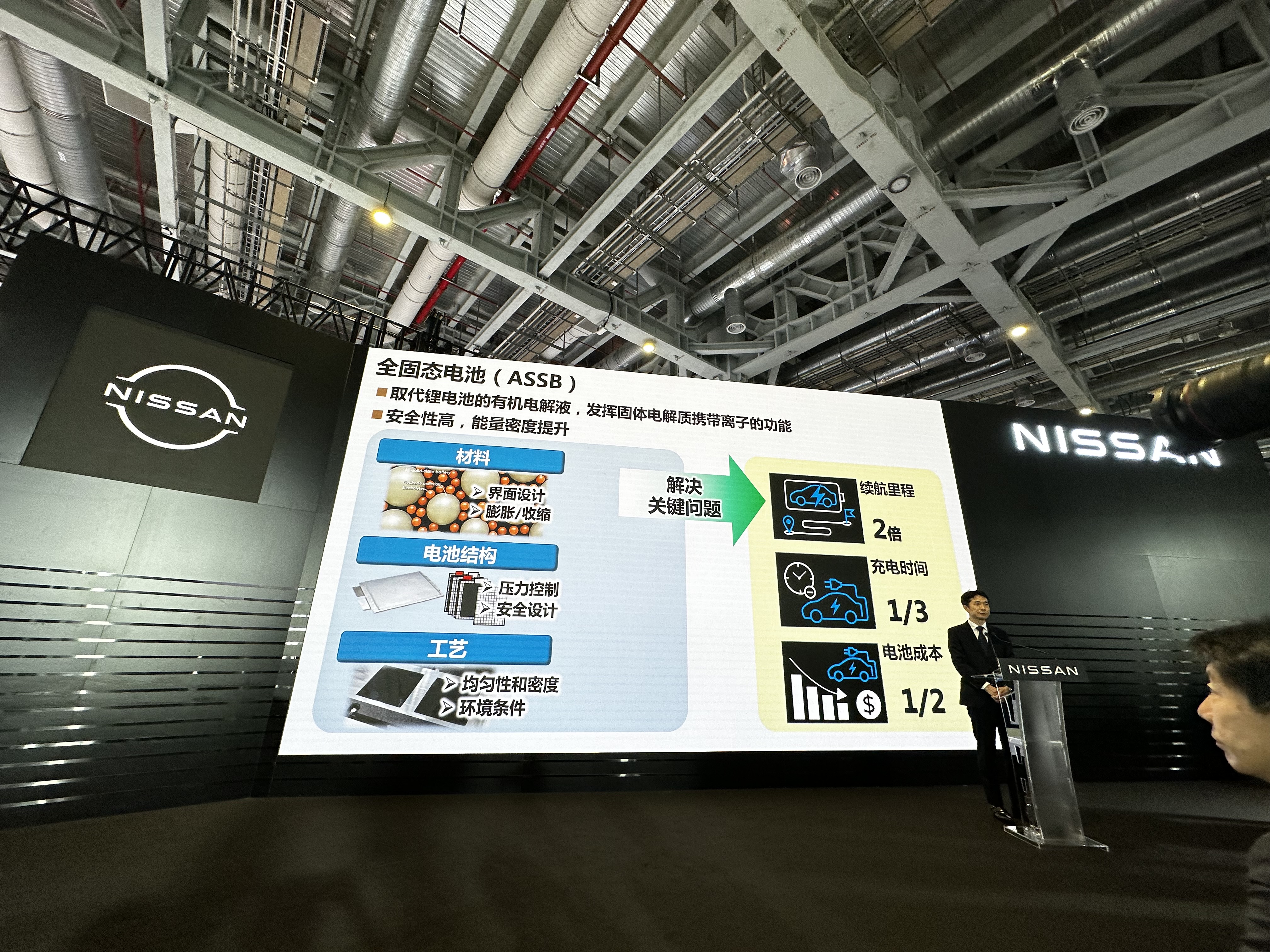
At present, Nissan has the electromotive magnet synchronous motor, and is also developing solid-state batteries.
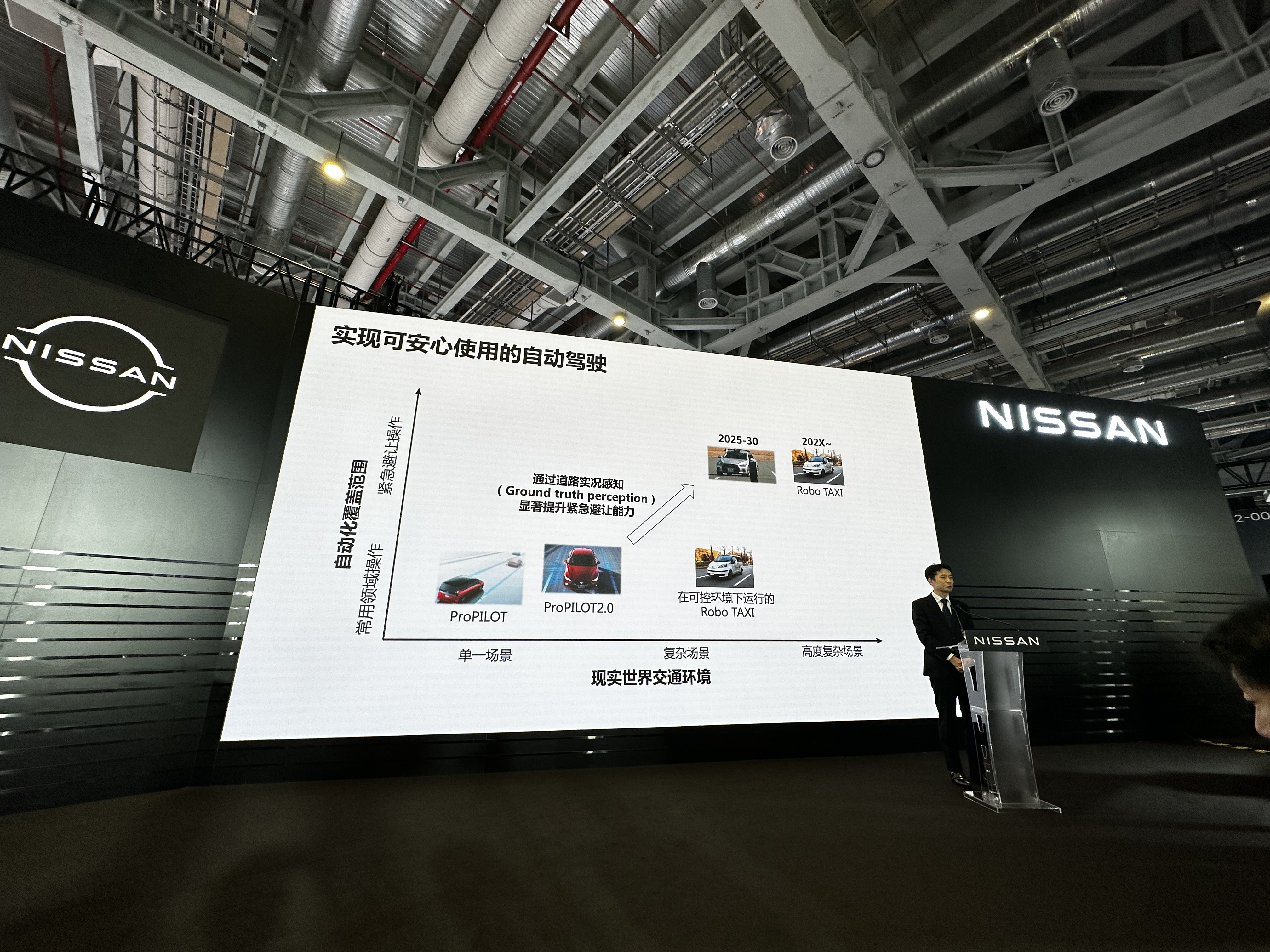
Of course, this also includes the development of assisted driving ability with multi-sensor including LIDAR.
This article is a translation by ChatGPT of a Chinese report from 42HOW. If you have any questions about it, please email bd@42how.com.
